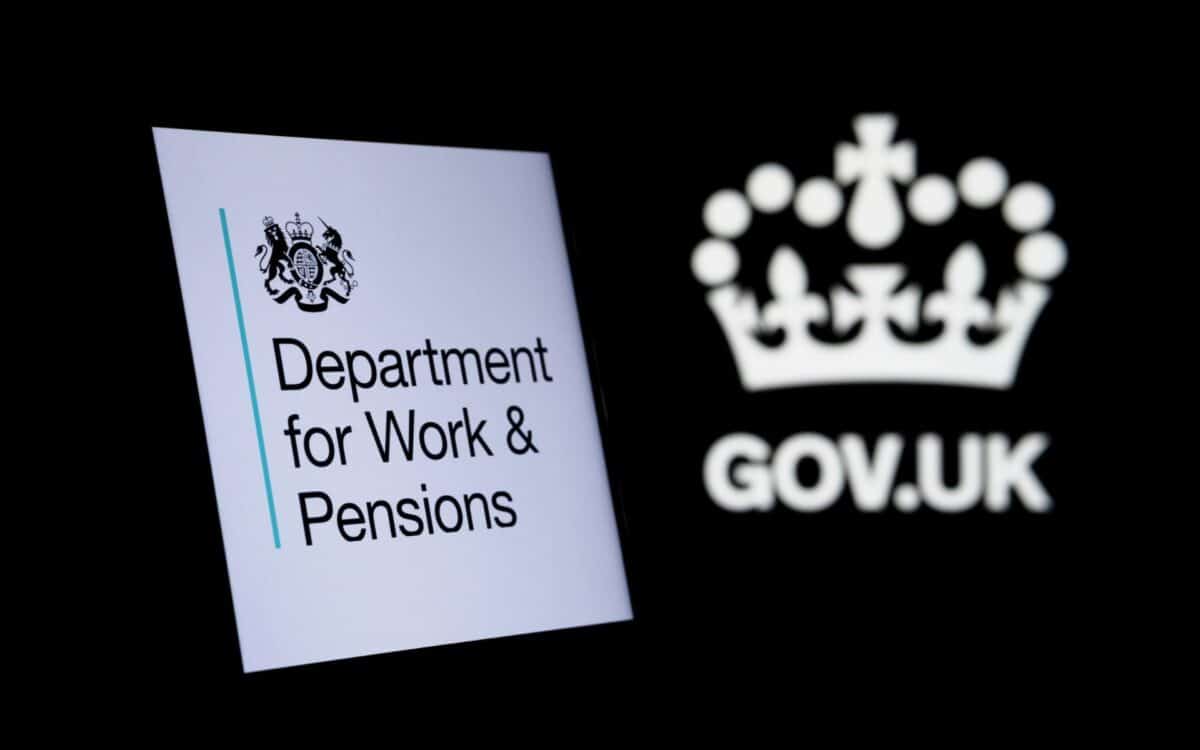The Department for Work and Pensions (DWP) is undertaking significant reforms to reshape the benefits landscape in the UK, aiming to streamline the welfare system and improve its efficiency. As part of the transition to Universal Credit, payments for hundreds of thousands of claimants have been halted, largely due to non-compliance with specific instructions set by the department. This move is part of a broader initiative to phase out legacy benefits, consolidating multiple support payments into a single, simplified system. While the reform seeks to modernize the benefits framework and make it more accessible, it has sparked widespread concern among claimants who risk losing vital support during the transition period.
Universal Credit Rollout : A Transformative Shift
The Universal Credit rollout is a significant milestone in the modernisation of the UK welfare system. It aims to consolidate multiple benefits into a single, streamlined payment to reduce administrative complexity and improve efficiency.
Phasing Out Legacy Benefits
The introduction of Universal Credit is set to replace multiple legacy benefits, aiming to streamline the welfare system by consolidating various payments into a single, simplified structure, including :
- Working Tax Credit
- Child Tax Credit
- Income Support
- Income-based Jobseeker’s Allowance
- Income-related Employment and Support Allowance
- Housing Benefit
The tax credit system, managed by HMRC, will officially close in March 2025, with other benefits being gradually phased out by the financial year 2025-2026.
Impact on Claimants
Recent statistics highlight the scale of this transition:
- 875,000 individuals have successfully migrated to Universal Credit.
- 318,000 claimants lost their benefits for failing to switch as instructed.
- 164,000 claims remain under processing.
The majority of claimants who failed to migrate were receiving Working Tax Credit and Child Tax Credit, either individually or combined. Smaller groups included recipients of Housing Benefit and Income Support.
DWP Guidance for the Transition
The DWP has issued clear guidelines for affected households through ‘migration notice’ letters, which require recipients to claim Universal Credit within three months or request an extension. The process includes:
- A standard allowance, with additional components based on individual circumstances such as children, disabilities, or rent assistance.
- Transitional protection for claimants whose new benefits are lower than their previous payments, provided they meet the migration deadline.
These measures are designed to ensure that individuals have sufficient support during the transition while minimising financial disruptions.
Support for Vulnerable Groups
The transition has presented unique challenges for vulnerable populations. Special measures are in place to ensure no one is left behind, particularly for those with disabilities or complex circumstances.
Focus On Esa Claimants
The final group to transition comprises claimants of income-related Employment and Support Allowance (ESA), many of whom face long-term health challenges or disabilities. To ensure a smoother transition, the DWP has introduced an enhanced support journey. This includes:
- Extra telephone support.
- Home visits for those unable to manage the online application.
- Extended deadlines for those demonstrating good cause for delays.
A trial run has already transferred nearly 700 ESA claimants to Universal Credit, with a broader rollout set for February.
Helpline and Advisory Services
To assist claimants during this transition, the DWP and Citizens Advice have established dedicated support lines:
- Universal Credit Migration Notice Helpline: 0800 169 0328 (Monday to Friday, 8 am–6 pm).
- Citizens Advice Help to Claim service:
- England: 0800 144 8444
- Scotland: 0800 023 2581
- Wales: 08000 241 220
Universal Credit becomes the cornerstone of the UK’s welfare system, the DWP emphasises compliance with migration instructions to avoid disruption in financial support. While many have successfully transitioned, challenges remain for vulnerable groups requiring additional assistance. With deadlines approaching, claimants must act promptly to secure their entitlements.
This sweeping reform underscores a significant shift in the UK’s welfare landscape, reshaping support systems for millions.









